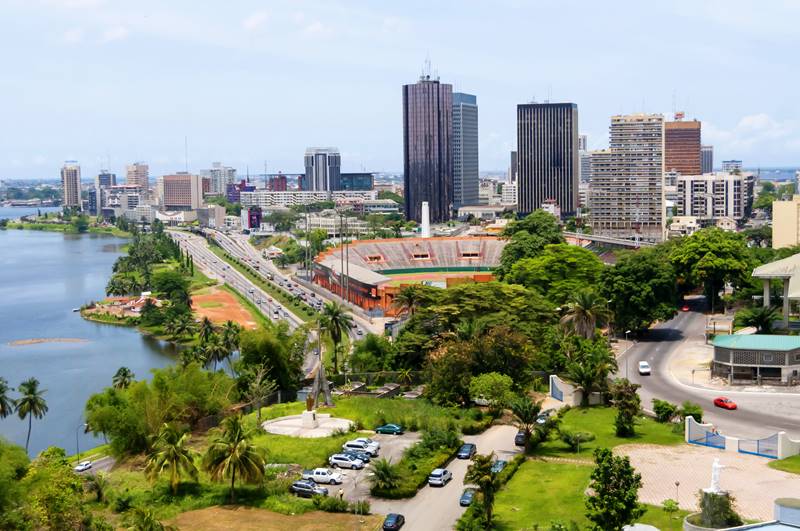Ivory Coast Overtakes South Africa as Africa's Leading Wine Importer
USDA Data Shows 22% Growth in Wine Imports, Led by Spain and France
2024-11-12

Ivory Coast has surpassed South Africa as Africa's largest wine importer, according to data from the United States Department of Agriculture (USDA). The African news agency Ecofin reported that wine has become an "increasingly popular" product among the country's emerging middle class and higher-income groups.
Since the end of the civil war in 2011, Ivory Coast has experienced steady economic growth, which has driven sectors like hospitality and business tourism. This favorable economic environment has led to a notable increase in wine demand, positioning the country as the leader in wine imports in sub-Saharan Africa. The most recent USDA figures indicate that in 2023, Ivory Coast imported 72,000 tons of wine, valued at $64 million. This represents a 22% growth compared to the previous year. In terms of import value, Ivory Coast now leads ahead of South Africa ($54 million), Namibia ($40 million), and Kenya ($23.9 million).
Spain has emerged as the leading wine supplier to Ivory Coast, accounting for 88% of the volume of wine imported. France follows in second place, focusing on higher-value wines, with the Bordeaux region playing a prominent role. This preference for premium French wines reflects the purchasing power and specific tastes of some consumer segments.
The wine distribution system in Ivory Coast is largely centered on the "on-premise" sector. The supermarket chain Société de Promotion de Supermarchés (Prosuma) is a major player, managing a significant portion of the trade through its wine-specialized subsidiary, L'Oenophile. Around 80% of imported wine is sold in specialty stores, while the remaining 20% is distributed through the hospitality sector, which includes hotels, restaurants, and bars.
Despite the continuous market growth, some factors have begun to exert pressure on imports. Inflation has affected consumers' purchasing power, which may limit the expansion of wine imports in the short term. Additionally, high taxes on wine present a considerable challenge for importers and distributors. According to the USDA, between 60% and 75% of the final wine price consists of taxes, including customs duties, VAT, import taxes, and other levies. These significant fiscal costs contribute to making wine a luxury product in the country, primarily accessible to wealthier consumers.
Ivory Coast continues to stand out in the region as an emerging wine market, driven by urbanization and a growing middle class. However, its reliance on imports and high taxation remain defining factors that limit the product's accessibility.
Founded in 2007, Vinetur® is a registered trademark of VGSC S.L. with a long history in the wine industry.
VGSC, S.L. with VAT number B70255591 is a spanish company legally registered in the Commercial Register of the city of Santiago de Compostela, with registration number: Bulletin 181, Reference 356049 in Volume 13, Page 107, Section 6, Sheet 45028, Entry 2.
Email: [email protected]
Headquarters and offices located in Vilagarcia de Arousa, Spain.